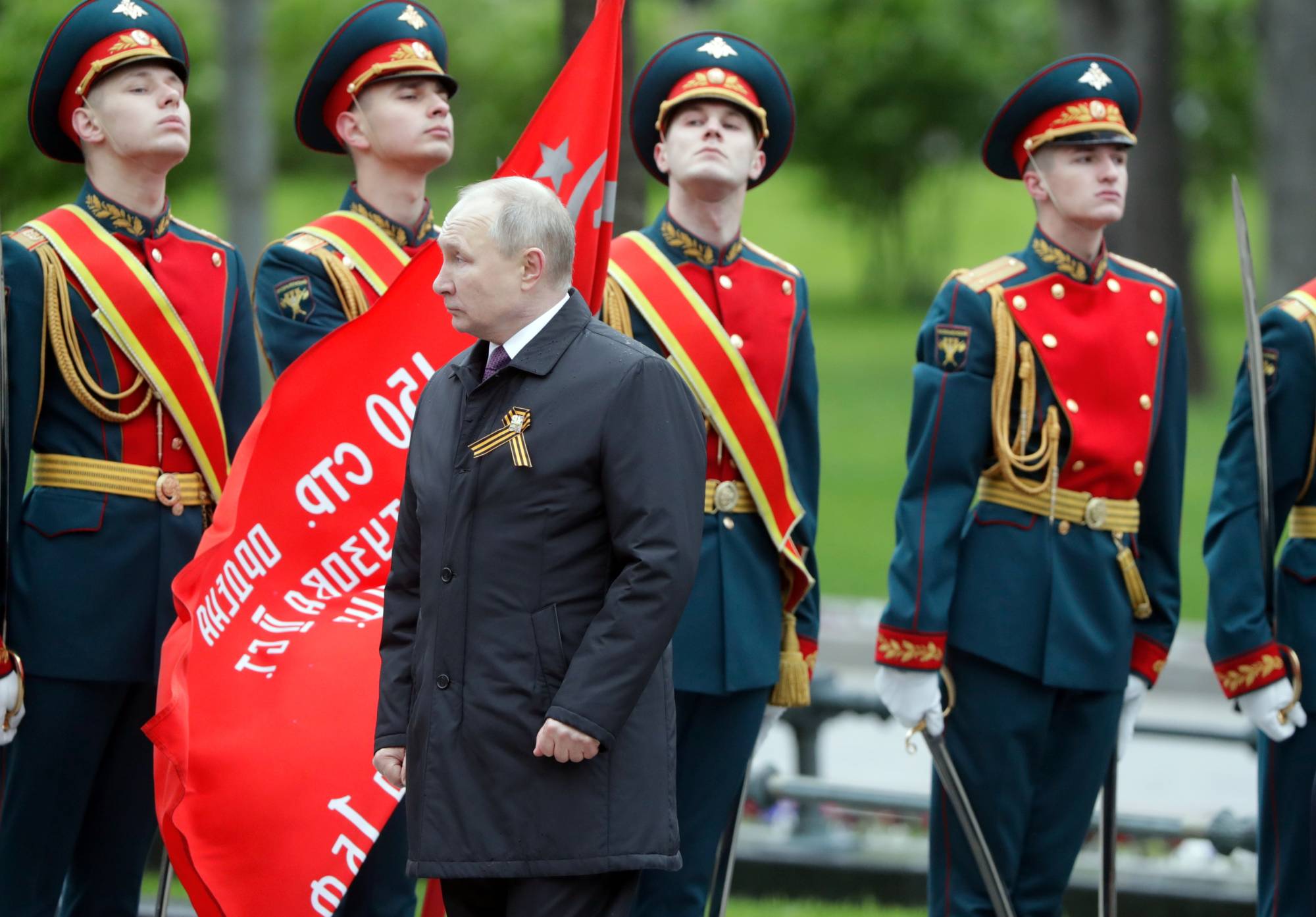A few years ago, during a panel discussion on the politics of memory at a university in a German-speaking country, I called Russian President Vladimir Putin “the most powerful fascist politician in the world.”
Afterwards, the organizers shyly told me that while the event had gone well, the label I applied to the Kremlin leader was “too much” — even though Russia had by that time already occupied Crimea and started a war in Ukraine’s eastern Donbas region. I was surprised not so much by the organizers’ comment as by the way they made it. They seemed genuinely embarrassed, as if I had said something obscene.
The first Russian bombs that fell on Ukraine on Feb. 24 vindicated my apparent vulgarity. Unfortunately, Putin’s fascism had become so accepted by Western financial and political elites that they were uncomfortable publicly denouncing earlier: It was “too much” until it was “too late.” Even as the obvious and incontrovertible evidence piles up, many still have not abandoned their reluctance to call a spade a spade.



















With your current subscription plan you can comment on stories. However, before writing your first comment, please create a display name in the Profile section of your subscriber account page.